Learn the commands to install free FortiClient VPN on Ubuntu 20.04 Focal fossa using the command terminal for security.
FortiClient is a security solution designed to reduce your computer’s vulnerability. The manufacturer advertises that the tool comes with virus protection, two-factor authentication, and WAN optimization, among other things.
However, the FortiClient user interface itself only contains the vulnerability scan and a tab in which you can set up a VPN connection for remote access.
The vulnerability scan indicates when, for example, an application is outdated, so there is potential for an attack, and an update is urgently needed.
The abbreviation VPN stands for “Virtual Private Network”, a self-contained network that you can access from anywhere with the right access data. For example, do you log into the company network from your home office to use printers, hard drives, and your work e-mail inbox, or do you dial into your home network while on the go and conveniently control your smart home from afar? Universities also allow their students secure access to the university network via VPN.
FortiClientEdition
Zero Trust Security (ZTNA) – This allows remote workers to use ZTNA and VPN encrypted tunnels with URL filtering and USB device control. Central management via FortiClient EMS is included with the cloud editions.
Endpoint Protection (ZTNA and EPP/APT) – Expands functionality with AI-based Next-Generation Antivirus (NGAV), endpoint quarantine, and application firewall, as well as support for cloud sandbox.
Cloud-based Endpoint Security (ZTNA Agent, EPP/APT, and FortiSASE SIA): Extends functionality with Firewall-as-a-Service (FWaaS) capabilities of FortiSASE services, including SSL inspection, intrusion prevention (IPS), Web Filtering, Domain Name System (DNS) security, and data loss prevention (DLP). Only available as EMS Cloud edition.
FortiClient VPN Only
The VPN-only version of FortiClient offers SSL VPN and IPSec VPN but does not include any support.
Steps to install FortiClient VPN on Ubuntu 20.04 LTS
1. Add FortiClient GPG key
To confirm the package we download to install FortiClient is from the official source without any discrepancies add the GPG key used by the developers of this VPN client to sign its packages.
wget -O - https://repo.fortinet.com/repo/7.0/ubuntu/DEB-GPG-KEY | sudo apt-key add -2. Add FortiClient repository
The latest version while doing this article was 7.0.2, the same is mentioned in the below command where we have used the version number in the repository. In your case, while performing this tutorial, if there is any new update available then simply change the version in the given Debian repository. You can check that on the official website.
sudo sh -c 'echo "deb [arch=amd64] https://repo.fortinet.com/repo/7.0/ubuntu/ /bionic multiverse" >> /etc/apt/sources.list.d/forticlient.list'3. Update Ubuntu 20.04 package lists
Once you have added the repository of FortiClient on Ubuntu 20.04 LTS then we can use install it, however, before that run the system update command to refresh the APT package manager cache.
sudo apt update4. Install FortiClient on Ubuntu 20.04
After updating the package source list, we can use the APT package manager to install the FortiClient on our Ubuntu 20.04 Focal Fossa.
sudo apt install forticlient5. Run your VPN client
Go to the Application launcher of Ubuntu and search for the FortiClient. When its icon appears, click the same to run the application.
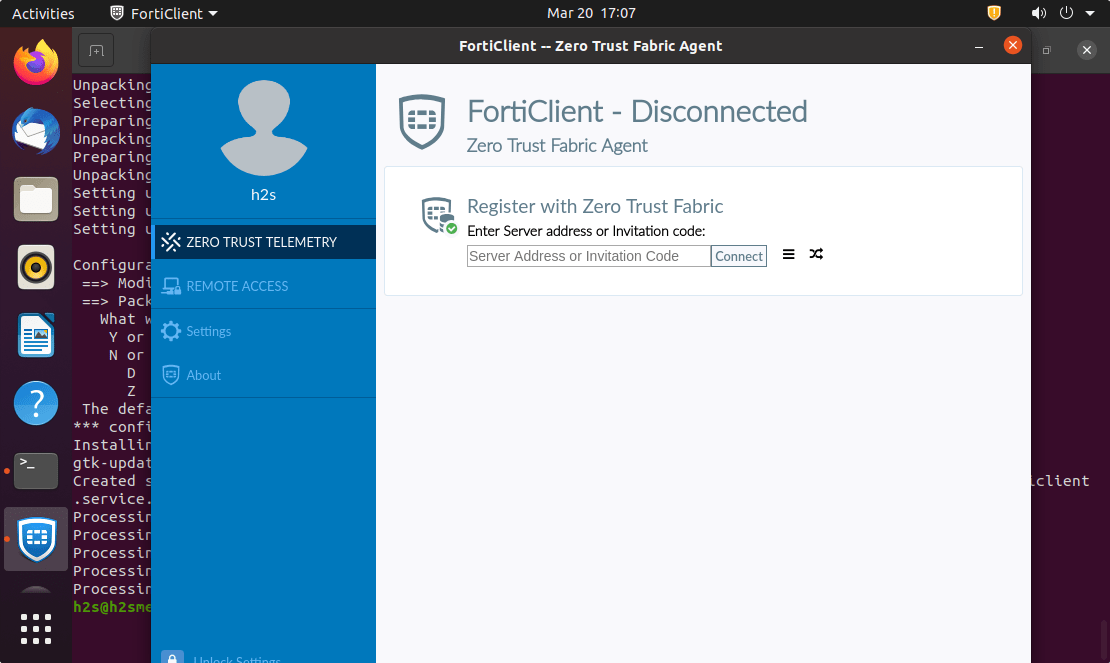
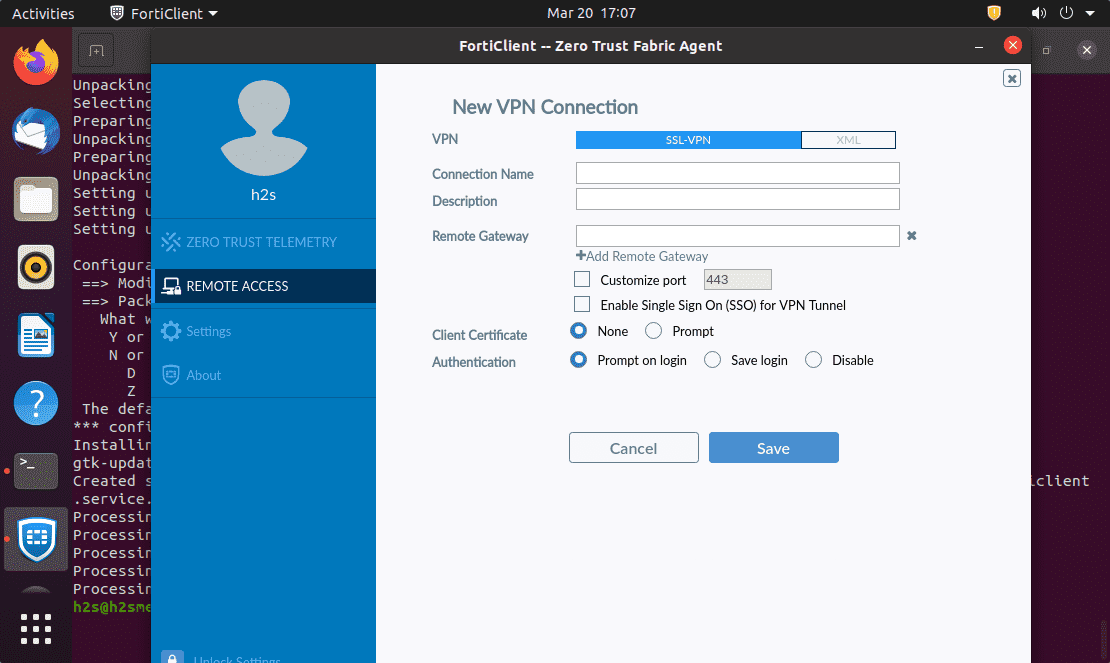
6. Uninstall or Remove
If you don’t want FortiClient on your Ubuntu 20.04 LTS anymore then again use the APT package manager with the remove parameter.
sudo apt autoremove --purge forticlientOther Articles:
• Install Security Patches or Updates Automatically on Rocky Linux
• 10 Best Linux Distros for Privacy and Security for 2022
• 10 popular Open-Source Tools to Secure Your Linux Server
• How to install AlmaLinux 8 on VirtualBox
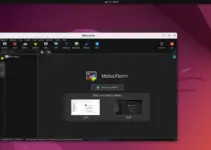
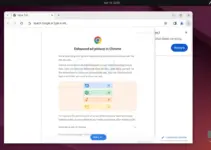



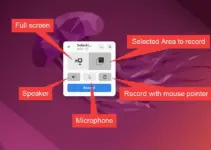
Im getting this message on “sudo apt install forticlient”:
The following packages have unmet dependencies:
forticlient : Depends: libappindicator1 (> 0) but it is not installable or
libayatana-appindicator1 (> 0) but it is not installable
Depends: libgconf-2-4 (> 0) but it is not installable
Depends: libnss3-tools (>= 3.21) but it is not installable
E: Unable to correct problems, you have held broken packages.
Thank you so much!
This does NOT install FortiClient VPN (free version), as the headline would imply… this installs the full FortiClient, which needs to be paid and licensed in order to work indefinitely.